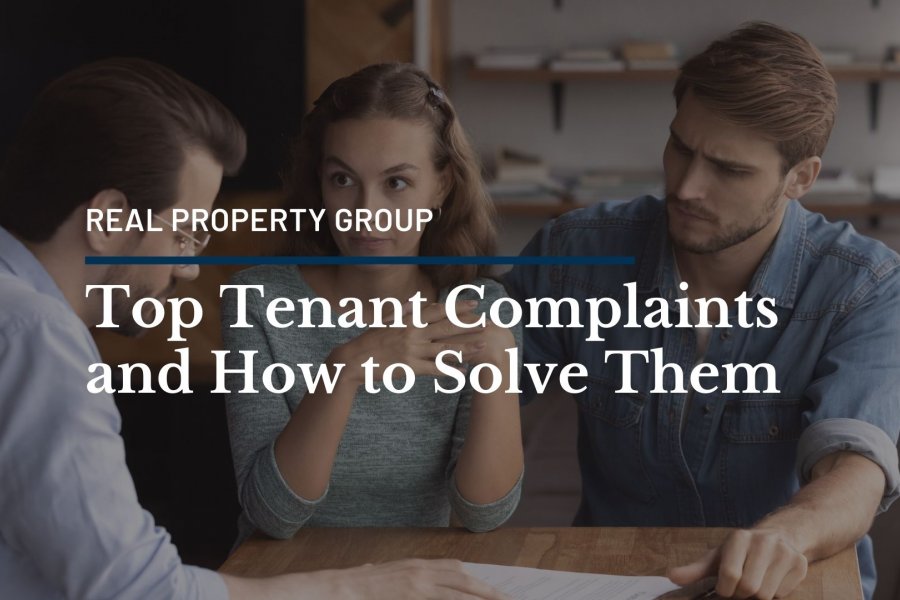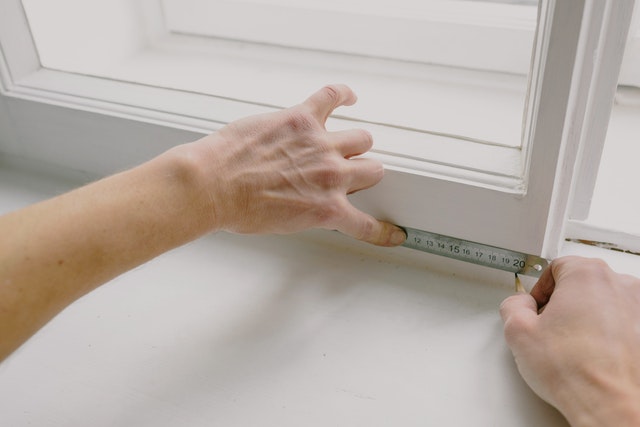
As much as tenant complaints are draining, you’re bound to encounter a few while managing your rental investment. No landlord is exempted from this experience since tenants are all different and a few are more sensitive than others.
To keep renters happy and encourage lease renewals, it’s best to learn how to deal with tenant complaints the right way. Being prompt also helps in retaining renters long-term. Dismissing tenant criticisms, on the other hand, can result in turnovers. You want to avoid this situation since a vacant rental can reduce your rental income.
To be a great landlord, you can prepare contingency plans. There are common tenant complaints that can be anticipated. They can be grouped into the following:
- Noise problems
- Maintenance issues
- Pest infestations
- Pet concerns
We’ll begin by discussing each predictable complaint and the best resolution to counter them. But before that, here are a couple of best practices to implement as a landlord!
Handling Tenant Complaints
1. Remain Accessible
Tenants become frustrated when a landlord isn’t within reach and is hard to contact. When they have worries and complaints to bring up, an absentee landlord can be stressful.
Even if you need to be away for a short time, make sure to leave a representative for tenants to contact. It’s also advisable to keep your communication lines open which is helpful during emergencies.
2. Learn to Listen
Communication is a two-way street. One talks and the other listens. When receiving negative feedback from a tenant, reduce your defensive stance.

Keep your ears open to what they might say even if the issue is minor from your perspective. Active listening is a good skill to acquire as a landlord.
3. Document Tenant Issues
No matter the tenant issue, store all documents, from receipts to work orders. It’s also good practice to record complaints in writing. Should the dispute be taken to court, you can protect yourself and provide proof.
Common Tenant Complaints
Dealing with Noise Problems
If your rental is located in a dense area, noise can be a concern. Some neighbors may not realize the degree of the disturbance. When faced with this issue, you can advise the tenant to talk it out with the neighbor respectfully.
If the noise continues, then as a landlord it’s your duty to resolve the situation. If the neighbor is among your tenants, this situation can be easily fixed by speaking to the problem tenants. All tenants deserve quiet enjoyment while staying in a rented home. The leasing agreement covers this condition typically. If the disturbance doesn’t stop, then you can consider eviction as a final resort.
If the neighbor is not among your tenants, you can contact law enforcement. This is a direct solution to noise disturbances.
Managing Maintenance Issues
Tenants can be inconvenienced when confronted with property damage. If you delay repairs, it can set them on edge. As renters, they have less control over the schedule of repairs. They’re subject to the landlord’s decision to take action.

If you receive a maintenance complaint, you need to inspect the rental unit first. Some problems can be misinterpreted so it's best to drop by the property and study the issue. When seeing the details of the damage in person, you can proceed with contacting contractors to start the repairs.
After this, it’s best to communicate with your renter. Provide a status report of the time frame of the repair and the cause of the damage. Once it’s fixed, you can contact the renter to follow up and ask if the issue arises again.
Tackling Pest Infestations
Pest infestations are a hazard to the health of a tenant, and no one likes to see insects and rodents around. Some renters can move out right away when this isn’t managed right away.
Look for excellent exterminators that can clear your rental of pests. Schedule regular extermination to ensure that the problem is resolved.
This type of tenant complaint shouldn’t be ignored. Tenants’ patience can quickly wear thin when pest infestation is the cause. Inform the tenant on the date of extermination. You can also make this a regular maintenance service, especially if you own an apartment complex.
Handling Pet Concerns
Pet complaints are usual when you welcome tenants with pets to your rentals. Most center on pet noise, pet aggression, and owners not cleaning up after their pets. Barking can be very disruptive, so sending a warning to the pet owner is effective. If the noise continues, you can evict the tenant rather than lose the other tenants staying in your property.

Tenants with pets should also be responsible enough to practice hygienic pet cleaning. You can serve warnings and refer to the pet addendum in your leasing contract. If the problem lingers, then eviction can be considered to resolve the situation.
Dogs that show aggression are an urgent matter. As a landlord, protecting your tenants is one of your primary duties. If aggressive behavior is happening, then the owner must manage the concern. Injuries caused by animal aggression can be serious, and you want to prevent accidents from occuring in your rental space. Issue warnings, then get in touch with city authorities. Luckily, having a thorough pet screening process in place normally prevents this.
Bottom Line
Landlords must face tenant complaints with sound resolutions. Landlords must be prompt, readily available, and take time to document the complaints in writing. Taking the time to listen also ensures that the tenants’ side is heard and understood.
Open communication is important. Informing the tenants of the actions taken to resolve the concerns is reassuring for them. This is one of the ways to strengthen your landlord-tenant relationship.
If you feel overwhelmed with managing your rental property, you have the option of hiring a third party. Engage the services of a trusted property management company, such as Real Property Group, that can handle tenant complaints properly. You’ll have fewer worries since property management companies can take good care of both your rental property and your tenants!
